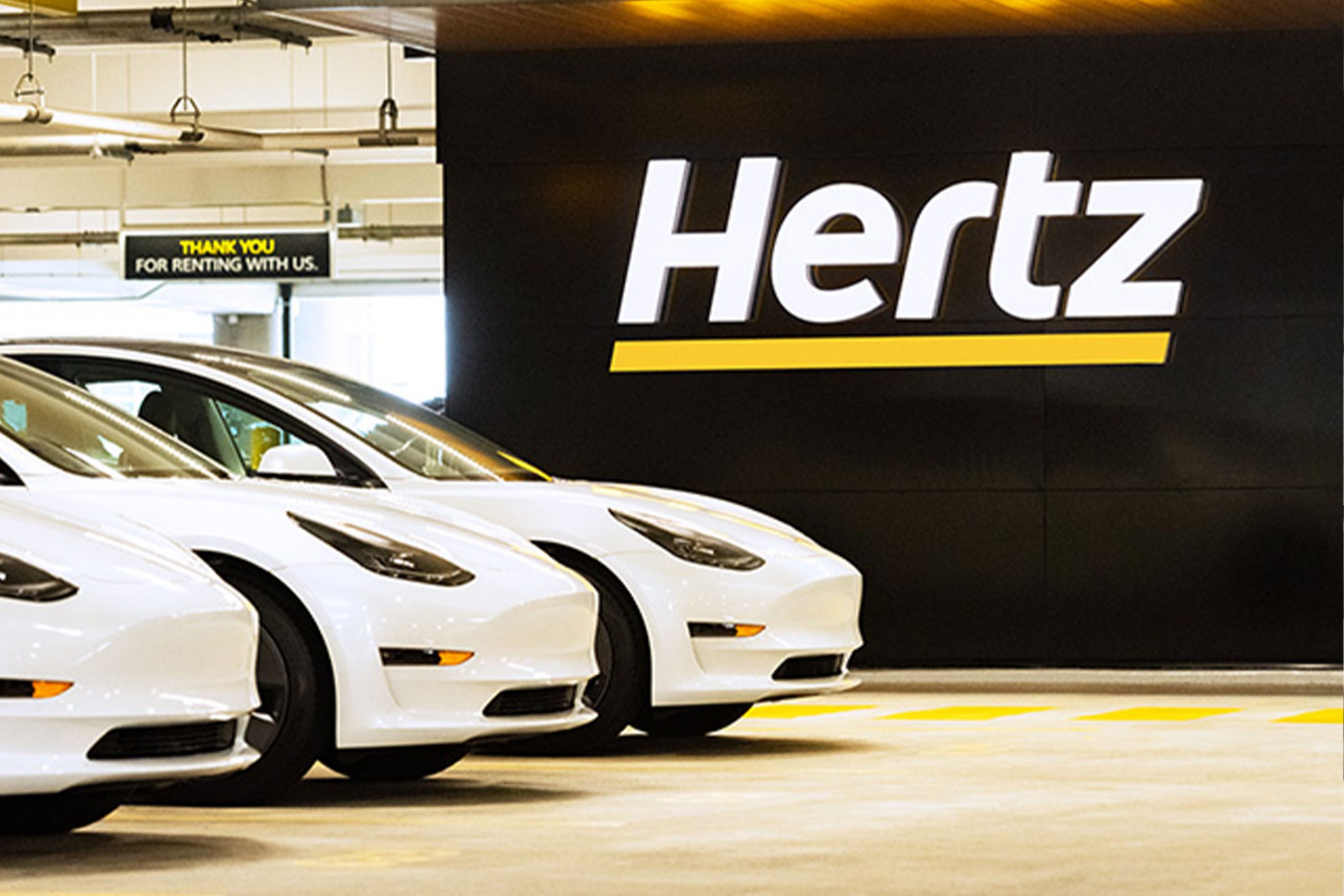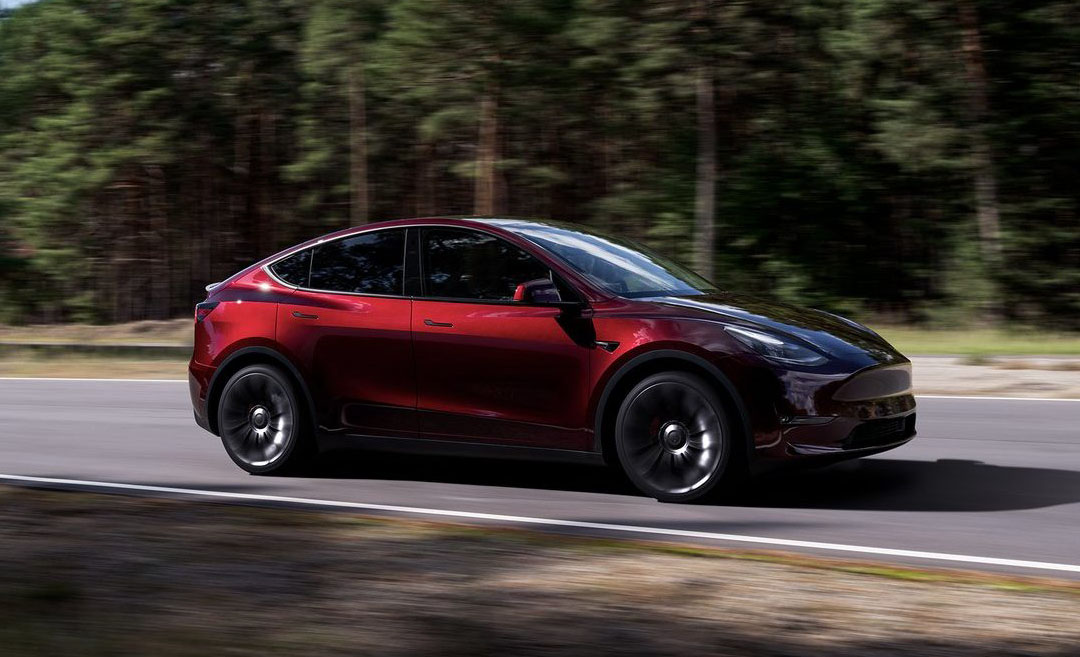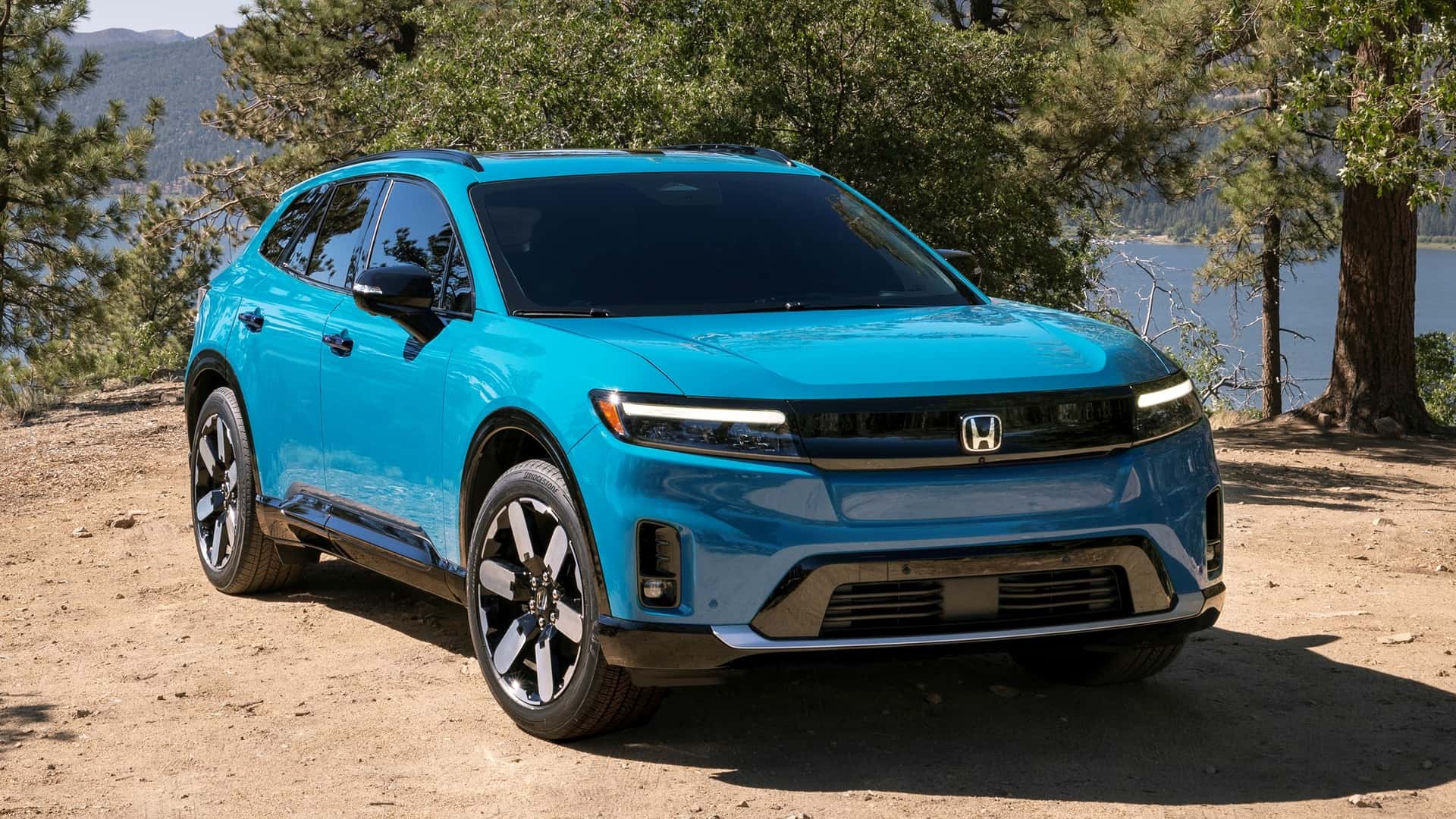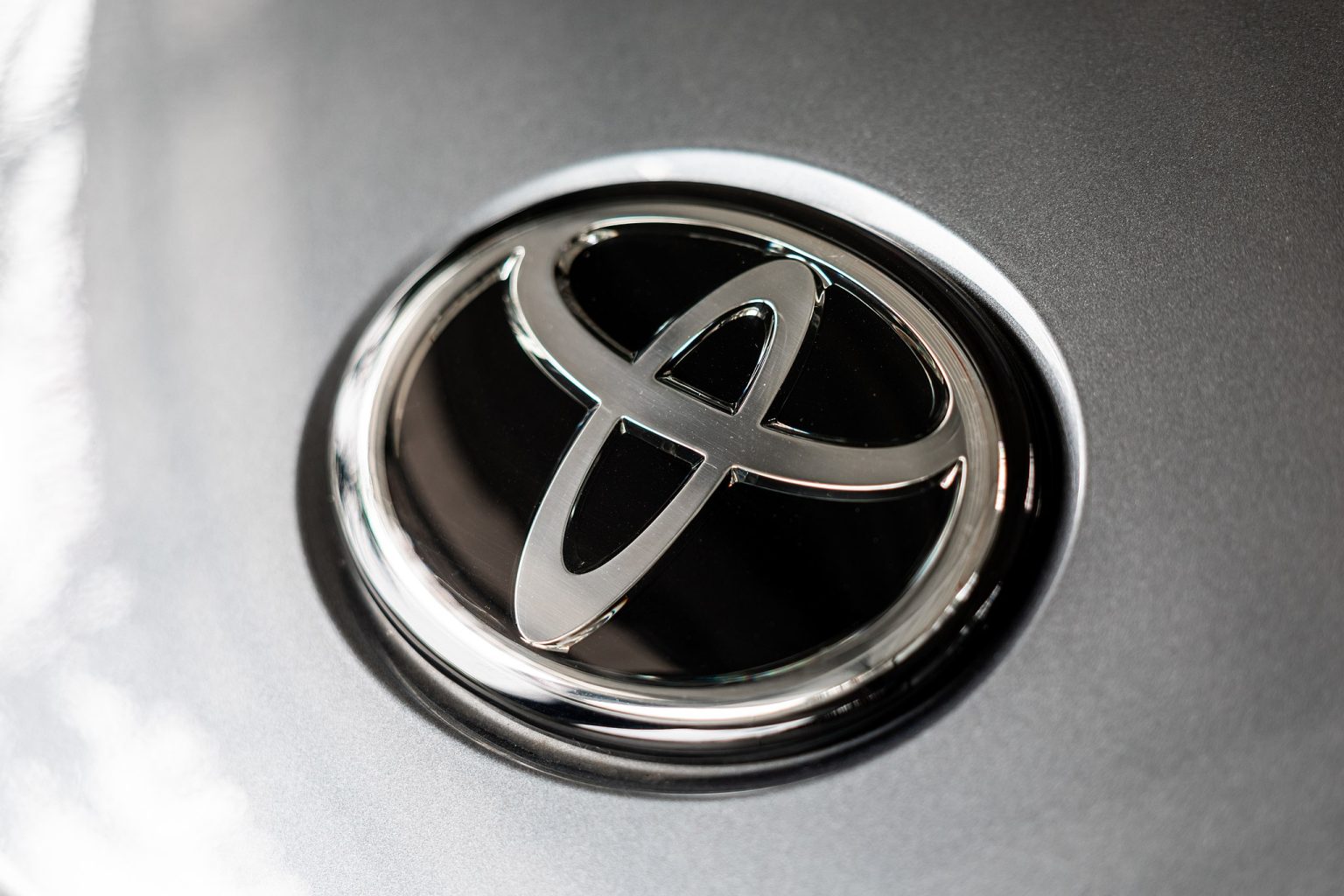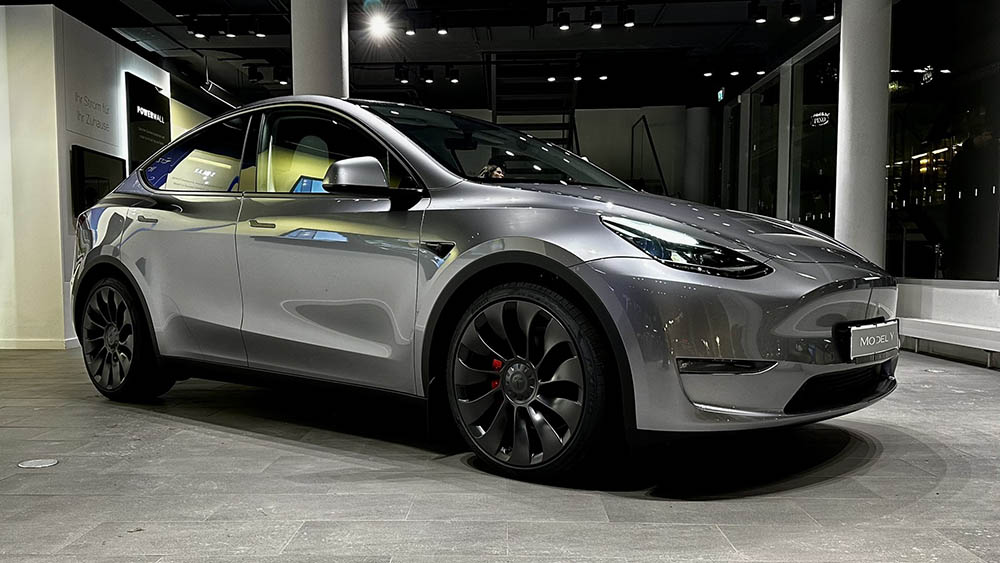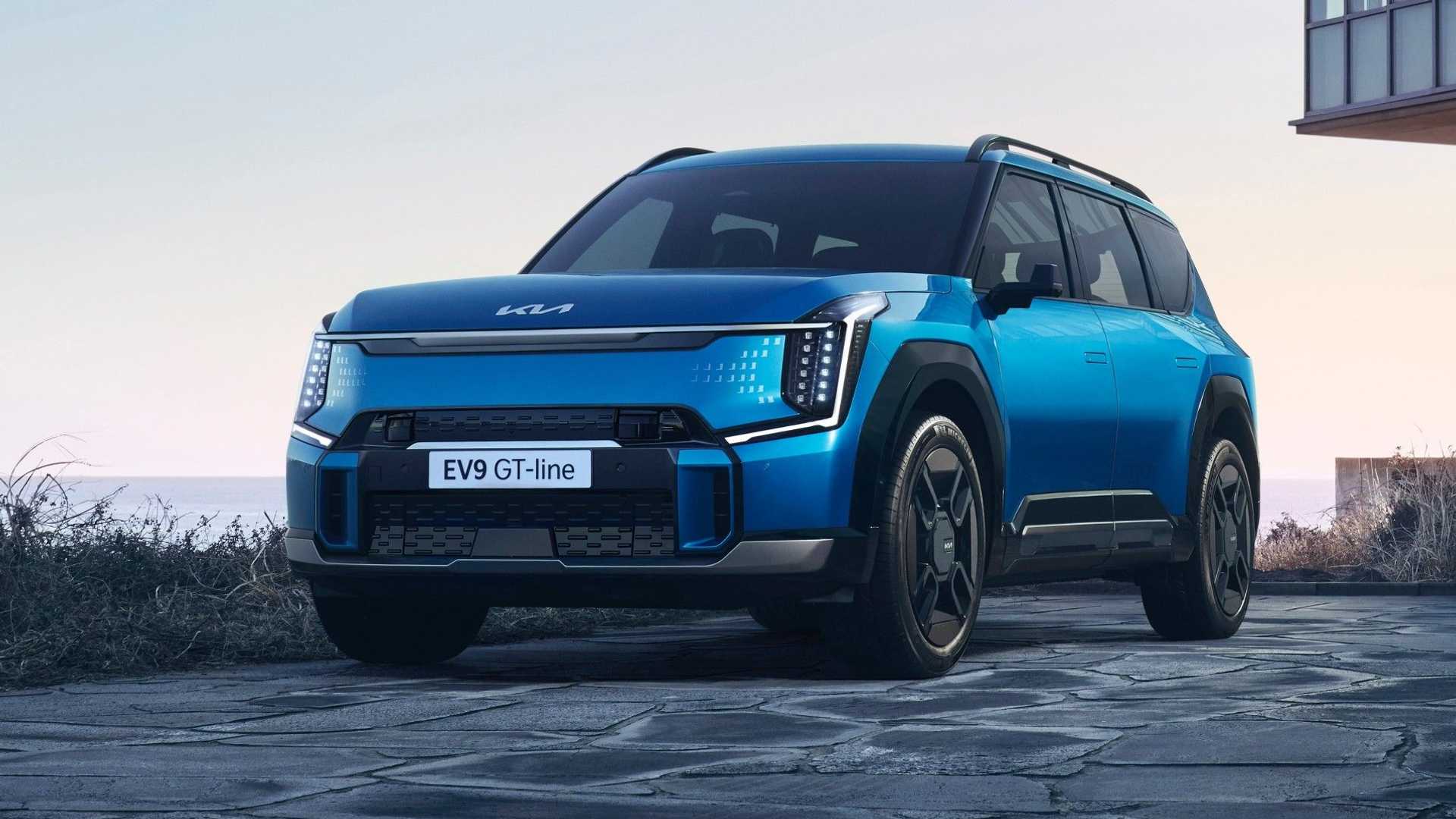Car rental giant Hertz announced its intention to significantly increase the sale of electric vehicles (EVs) this year. Contrary to its initial plan to sell 20,000 EVs, Hertz now aims to sell a total of 30,000 electric cars in 2024, marking a 10,000-unit increase from its January announcement.
“At the beginning of the year, we had around 60,000 units in our global EV fleet,” Hertz wrote in its statement, “We have now upsized our EV disposition plan by 10,000 vehicles, for a total of 30,000 EVs intended for sale in 2024.” This move would account for half of all electric cars operated by Hertz at the beginning of the year.
The decision comes amid financial challenges for the rental company, which recognized vehicle depreciation charges of $588 million in the first quarter, including $195 million for the EVs slated for sale. The publication of these figures led to a 24% drop in Hertz Global’s share price, the largest single-day percentage decline according to Reuters.
Hertz’s shift in strategy regarding its electric fleet began in October 2023 when the company announced a slowdown in the expansion of its electric fleet, citing Tesla’s price cuts and higher-than-expected repair costs for electric cars as factors. Previously, Hertz had ambitious plans to purchase 100,000 Teslas, half of which were intended for Uber drivers in the USA. The company also planned to rent an additional 25,000 electric cars to Uber drivers in European capitals, including models from Tesla and Polestar. Hertz had placed an order for up to 65,000 electric cars from Polestar and another order for up to 175,000 electric vehicles from General Motors.
Despite these challenges, Hertz remains committed to monitoring the demand for electric vehicles both externally and internally to determine whether further investments in EVs are warranted. Similar challenges are reportedly being faced by car rental company Sixt, which is also phasing out electric cars from Tesla due to concerns over residual values, particularly affecting Tesla more than other brands.

